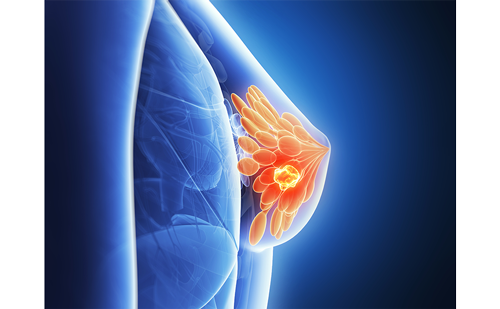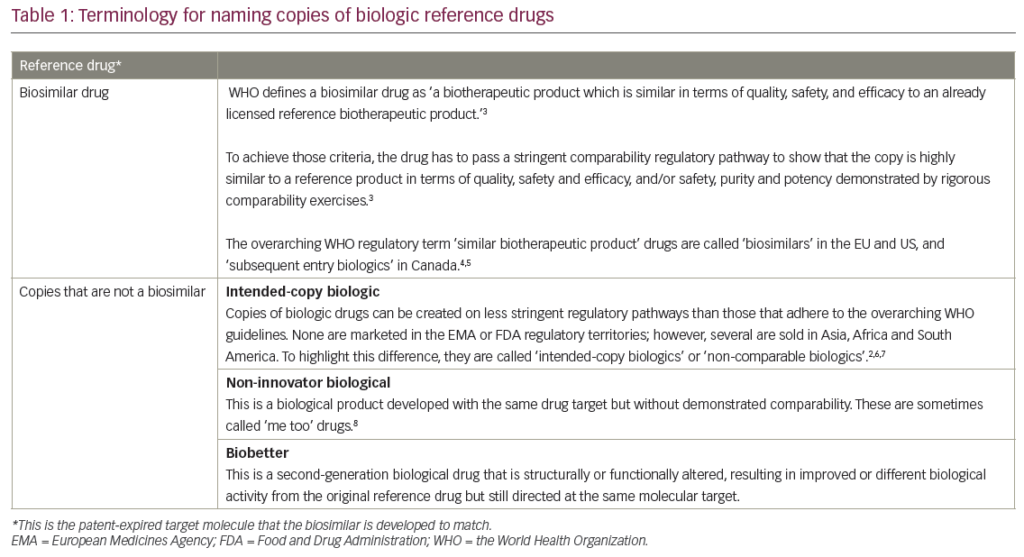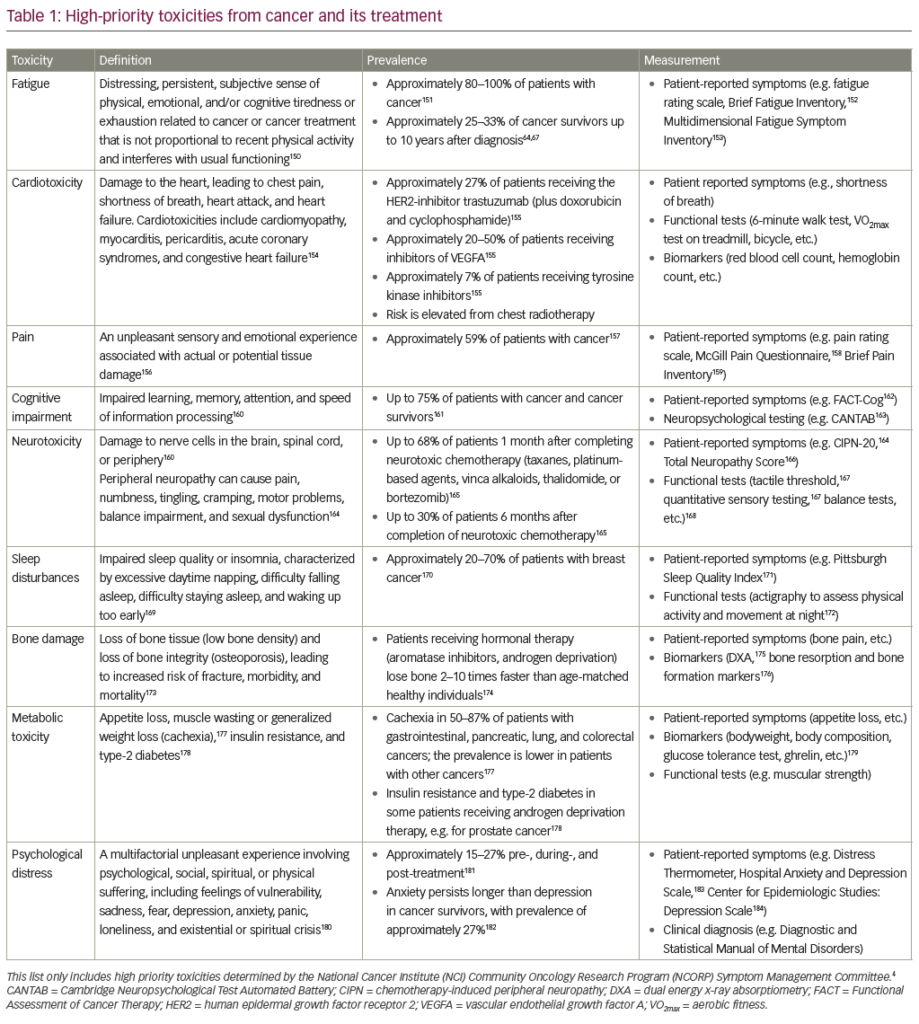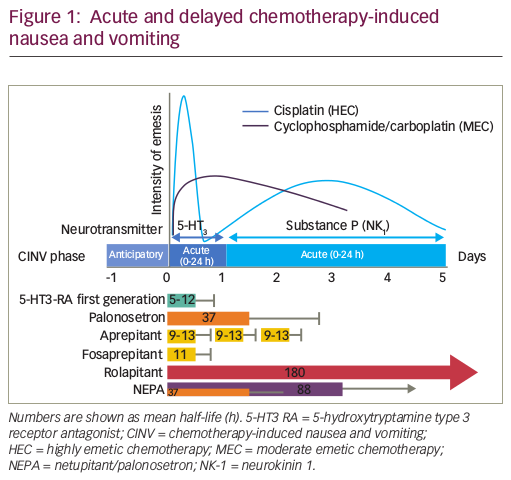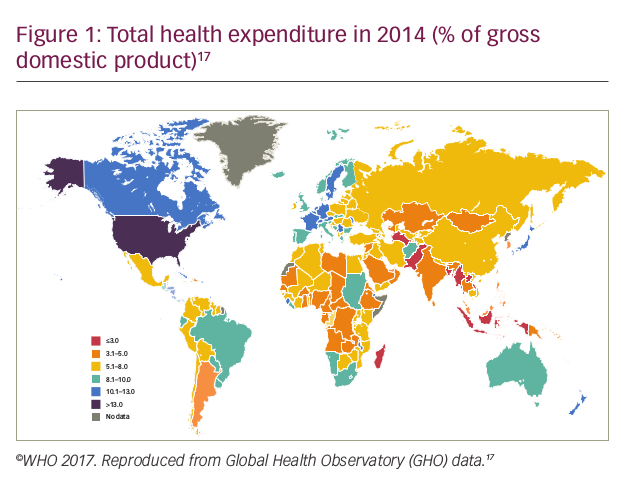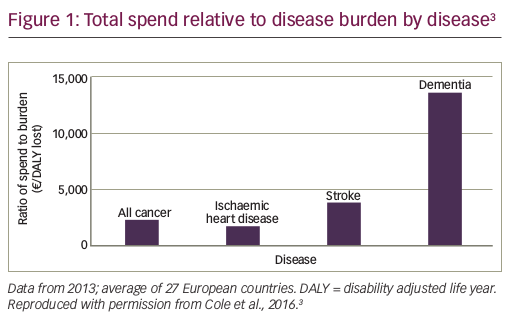Cancer is a growing problem that demands the best from all sectors of the global health workforce.1 Cancer nurses make up the largest proportion of this workforce and, as well as being responsible for direct care delivery, also aim to address the unmet needs of patients and carers, such as the management of side-effects. Nurses care for cancer patients at all stages of the illness and are increasingly responsible for ensuring the safety of patients. However, their contribution is not always being recognised.2
At present, many cancer treatments are delivered on a day-care basis. This situation presents specific challenges in terms of how best to provide support and education to patients about staying as well as possible or coping with treatment-related side effects. Nurses carry out assessments of patient needs from the point of diagnosis onwards and, in some countries, are also taking on clinical roles previously undertaken by medical staff and building these into the total nursing care package. The scope of cancer nursing practice is expanding at a rapid pace, and the co-ordination of cancer treatment is now a major component of the nurse’s role that may reveal unmet needs and prompt them to suggest innovative solutions.3
In some health systems, cancer nurses are increasingly involved in extended practice roles that include nurse-led cancer follow-up clinics, endoscopy, colonoscopy and bone marrow aspiration, as well as chemotherapy administration, peripherally inserted central catheter (PICC) line insertion and removal, treatment follow-up, rehabilitation and co-ordination of end-of-life care. Prescribing is also a routine aspect of the cancer nursing role in some countries.4 Despite these developments, cancer nurses lack recognition (especially in terms of salary or career opportunities) for the part they play in enhancing patient experience, reducing costs and improving outcomes for people living with a diagnosis of cancer.5
The rising incidence of cancer places expectations on all health professionals to deliver care that is evidence-based but also reflects the rising expectations of patients and families. Information about cancer is more freely available on the Internet than ever before and patients and families are now less likely to accept treatment or care of a mediocre or poor quality. Better recognition of the current contribution, and future potential, of cancer nurses, is thus part of the solution to help provide better quality cancer services in the future.6
The European Oncology Nursing Society (www.cancernurse.eu) has recently been lobbying for better recognition of cancer nursing across Europe. Through the RECaN (Recognising European Cancer Nursing) project we have carried out a systematic review of published clinical trials that were led by cancer nurses. We also carried out comparative case studies about the status of cancer nursing in four European countries.7 Our systematic review revealed that cancer nurses have designed innovative interventions and have conducted clinical trials to investigate whether they are of benefit. The review included 152 trials that had measured cancer-specific quality of life as well as symptom control. We found evidence of benefit from cancer nursing interventions across all domains of quality of life as well as for symptoms that included pain, fatigue, nausea and vomiting, constipation and psychological morbidity.
These were important findings as nurses are often closely involved in the assessment and management of these troublesome symptoms with patients. Their close proximity to the patient may explain the types of trials that nurses were interested in. The RECaN project was pan-European and involved nurse researchers from several countries.8 It suggests that further international collaborations would be worthwhile to understand the contributions made by cancer nurses in terms of clinical innovation and care improvements.
The case for recognising the potential of specialist cancer nurses is growing.9 In some countries this process is already moving forward, but in others there is still a very long way to go. There is a need for appropriate levels of education for cancer nurses as well as a career structure that will help in recruiting and retaining motivated nurses in the cancer workforce where they are most needed. Without this it will not be possible to meet the needs of the rising numbers of people being diagnosed with cancer who expect, and deserve, the highest quality of cancer care. 


